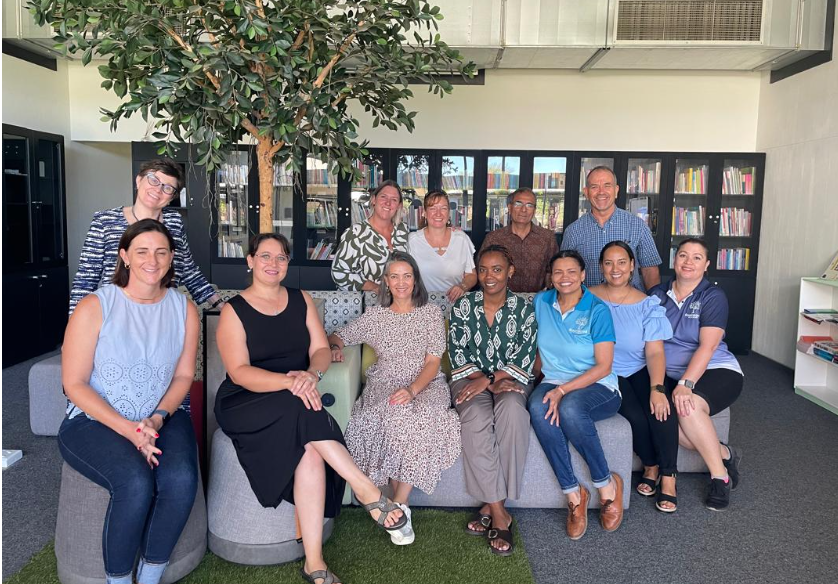Why are we firm believers in an IB education right through?
- WIS Socials
- Feb 14, 2025
- 2 min read

We often find ourselves in conversations with students and their parents where the IB is compared to what other schools do. “It is so much harder!” “It is so different from what we know!” “Is it worth the time and energy?”
WIS has offered the IB since 1998. First we only offered the Primary Years Programme, but then went on to offer the International Baccalaureate Diploma Programme. Our WIS Diploma pass rate is always around or higher than the world average with an average pass rate of around 90%. WIS students go on to study around the world in South Africa, Europe, the US, Australia and many other countries.
But “Why offer the IB?”
The IB is generally seen around the world as the gold standard of education. With its broad scope of learning that is not limited to but exceeds the acquisition of knowledge and understanding, it prepares young people for a VUCA world - a world that is volatile, uncertain, complex and ambiguous. The generation of young people that we are sending into this world, needs to be able to manage this VUCA world. They need to be flexible, adaptable, open minded, compassionate and reflective - indeed, they need all the attributes of the IB Learner Profile.
With the approach to learning at WIS and the efforts we put in advising and preparing our students for “real life” for the “real world”, we aim to give them the tools and strategies that they need to be successful in this VUCA world. The IB scopes and sequences and the IB approach give us the opportunity to instill these traits in our children and make them able to face the challenges they encounter and turn them into opportunities for themselves, but also for the planet and society at large. The IB offers more than just a curriculum - “We strive to develop students who will build a better world through intercultural understanding and respect, alongside a healthy appetite for learning and excellence.
The IB's programmes are different from other curricula because they:
encourage students of all ages to think critically and challenge assumptions
develop independently of government and national systems, incorporating quality practice from research and our global community of schools
encourage students of all ages to consider both local and global contexts
develop multilingual students.” (https://www.ibo.org/benefits/why-the-ib-is-different/)
Being able to think critically, to question, to contribute to society confidently and to play our part in the environment we live in, is what we aim to educate for. And educating young people that way is not an easy task. It requires commitment from home, from school and particularly from the students. We do see, however, that - in the end - our students recognise and appreciate this additional load that was put on them during their school years, because they feel well prepared and ready to take on what is thrown at them.
Margarete Reiff
High School Principal/Deputy Director &
Career Guidance Counsellor




Comments